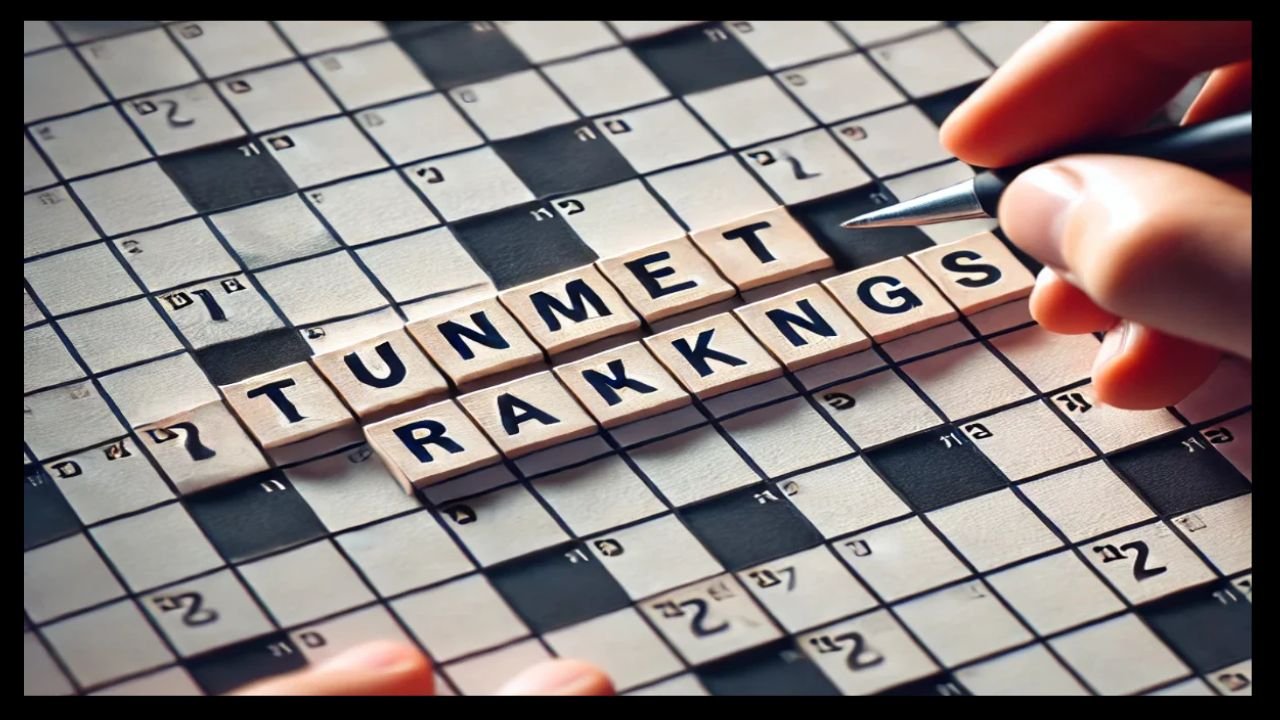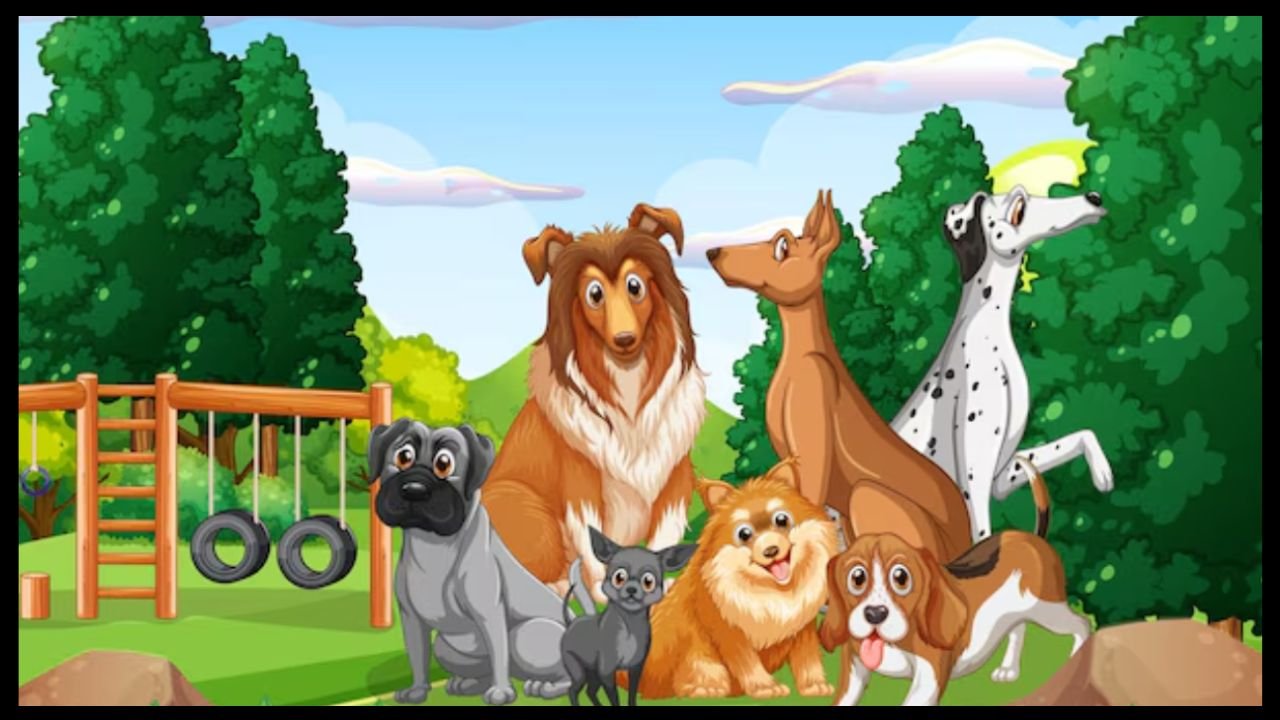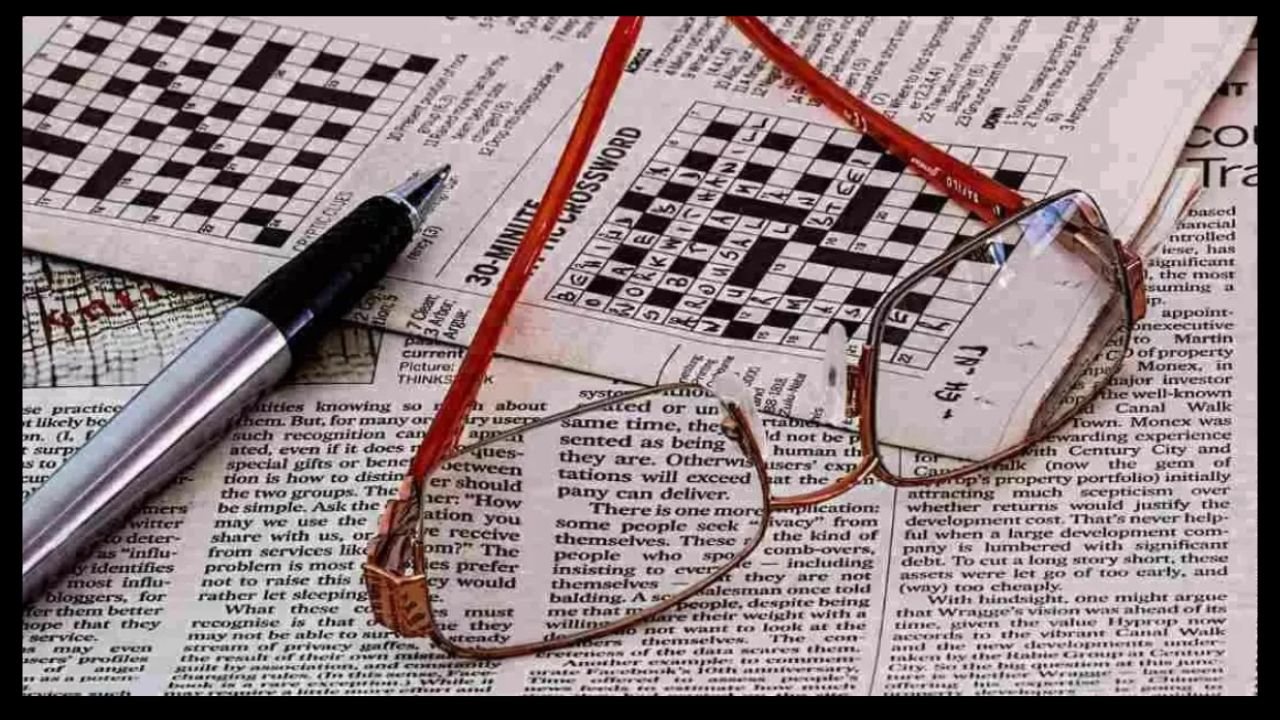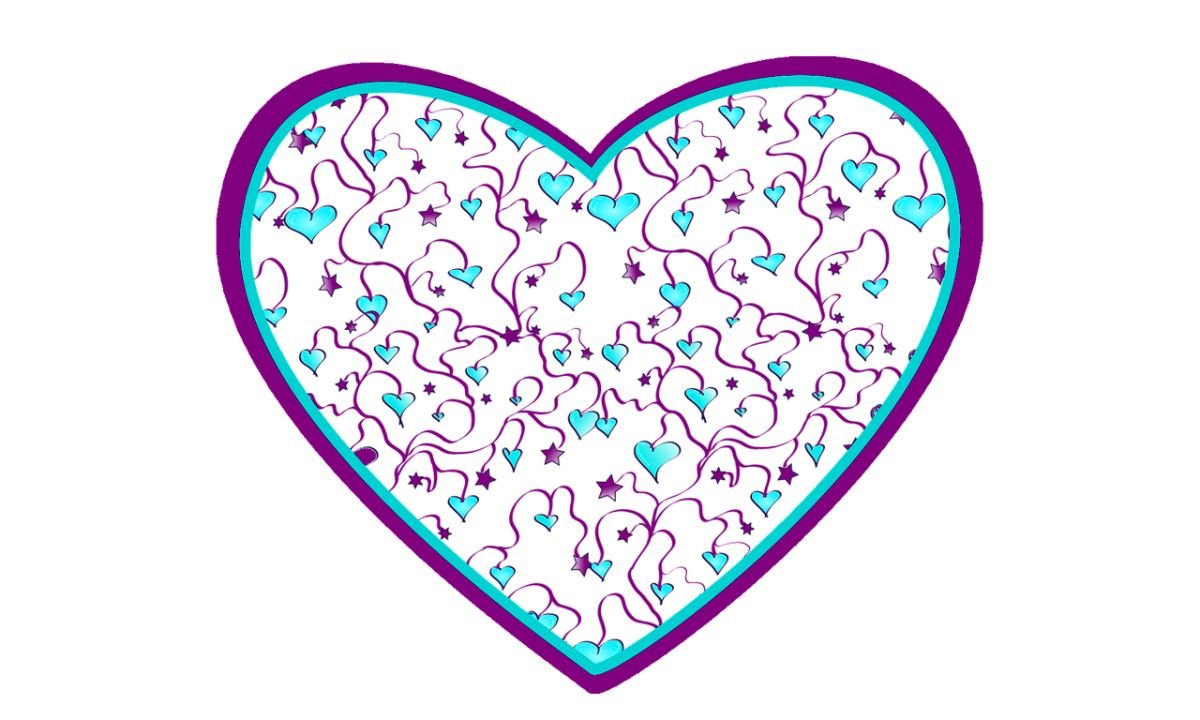The New York Times Crossword Puzzle is both a rite of passage and a treasure trove of delightful wordplay for puzzle enthusiasts. Since its inception in 1942, it has transformed from a fun pastime to a full-fledged cultural phenomenon. From its quirky themes to its sly word trickery, the puzzle continuously challenges solvers of all levels. With its mix of wit and sophistication, it also harbors infamous clue types that can bewilder even the most seasoned solver. Among these are “goads” on NYT crosswords—deceptive little clues designed to prod you toward the answer while keeping you immersed in the wordplay.
Curious to decode what “goads” mean in the context of crossword puzzles? You’re in the right place. This guide will cover the history of NYT Crossword, strategies to conquer tricky clues like “goads,” tips from experts, and the importance of crossword puzzles for your mental agility. If you’ve been wondering how to become a crossword-solving pro or expand your appreciation for crossword culture, keep reading!
The History and Allure of the NYT Crossword Puzzle
The New York Times Crossword debuted on February 15, 1942, during World War II, as a way to boost morale amidst trying times. Though initially dismissed as a trivial distraction, it quickly became a cultural staple, attracting a dedicated following due to its elegant wordplay, creative themes, and increasing levels of challenge throughout the week.
Why Is the NYT Crossword Unique?
- Ascending Difficulty: Mondays are friendly puzzles for casual solvers, while Saturdays are notorious for their trickiness. Sundays boast larger grids and added complexity, offering a week’s worth of mental gymnastics.
- Clever Wordplay: Cryptic definitions, pun-based clues, and double entendres make solving a delightful mental exercise.
- Cultural References: Its clues often reference art, history, literature, and pop culture, catering to a diverse and knowledgeable audience.
From a simple word grid confined to printed newspapers, the crossword has now gone digital, allowing solvers worldwide to test their wits and share their victories.
Strategies for Solving Tricky Clues like Goads on NYT
The word “goads” often appears in NYT Crossword puzzles as a way to cleverly manipulate solvers into thinking outside the box. But what exactly does “goad” mean in crossword terms? Goads typically refer to actions or things that prod, push, or incite—it’s a hint pointing towards something that compels action. This clever use of the word often baffles solvers, demanding creative thinking.
Here’s how to decode tricky crossword clues, including “goads”:
Look for Synonyms
“Goads” could be asking for words like prods, urges, prompts, encourages, or even more obscure synonyms. Thinking laterally is key.
Use Contextual Hints
Sometimes, the surrounding grid provides clues to the intended direction of the answer. Don’t forget to cross-check with overlapping answers to narrow down possibilities.
Read Between the Lines
NYT Crossword is known for its play on meanings. If the clue is “Goads on,” remember it might want you to identify subtle or metaphorical meanings like eggs on or agitates.
Break Down Wordplay Clues
Crosswords often employ homophones, anagrams, or abbreviations. Look for patterns like:
- Common endings for verbs (-ing, -ed).
- Words with double meanings that could hint at the solution.
Take a Step Back
Sometimes, stepping away from a tricky clue like “goads” and revisiting it with fresh eyes can make all the difference. A rested brain often connects dots faster!
Pro Tips from Veteran Solvers on Crossword Mastery
We reached out to some seasoned crossword solvers who shared their insider advice on tackling hard crossword clues like “goads on NYT.”
Be Patient with Yourself
“Even the best solvers didn’t start out perfect. Give yourself room to guess and learn from mistakes.” – Jane T., a 10-year crossword enthusiast.
Master Short Fills
“Short words like ‘ERA,’ ‘ALE,’ or ‘ETA’ often pop up in crosswords and can provide essential stepping stones to solving longer clues.” – Dave R., competitive solver.
Expand Your Vocabulary
“Read widely and keep a personal cheat sheet of common crossword answers, especially the obscure ones!” – Ellen C., crossword blogger.
Practice Daily
“The NYT Crossword gets harder through the week. Commit to solving each day—it’s the best way to build muscle memory.” – Josh H., crossword tournament participant.
By building a mental database of solving techniques, you can steadily improve your skills.
The Role of Crosswords in Cognitive Health and Joy
Did you know solving crossword puzzles may reduce the risk of cognitive decline? Studies suggest that engaging in mentally stimulating activities like crosswords keeps your brain active and nimble.
Cognitive Benefits
- Improves Memory: Uncovering words from learned knowledge boosts memory recall.
- Enhances Problem-Solving Skills: Connecting abstract clues to precise solutions strengthens logical thinking.
- Reduces Stress: The focused nature of crosswords can be a meditative escape from busy routines.
Entertainment Value
From reading witty clues like “Goads” to marveling at layered puns, solving crosswords is just plain fun. Tackling tough puzzles is immensely gratifying, offering that “aha!” moment we all crave.
Joining the Crossword Community and Resources for Growth
Crosswords provide more than solitary entertainment; they connect people who share a passion for words. The NYT Crossword community is thriving, and there are ways to join and engage!
How to Get Plugged Into the Community
- Digital Forums: Join groups on platforms like Reddit or Facebook (e.g., r/crossword).
- Competitions: Test your skills in events like the American Crossword Puzzle Tournament.
- Apps & Tools:
- Online solving communities like Crosshare.
- Crossword Generators for DIY fun.
Resources to Up Your Game
- Books: “How to Conquer the New York Times Crossword Puzzle” by Amy Reynaldo.
- Podcasts: Will Shortz’s crossword discussions.
- Apps: NYT Crossword app, PuzzleMe.
Crosswords aren’t just puzzles—they’re gateways to a vibrant, welcoming community.
Take Your Solving Skills to the Next Level
Mastering “goads on NYT” clues is a skill that develops over time with curiosity, patience, and consistent practice. Whether you’re solving to relax, boost brainpower, or challenge yourself, the world of NYT Crossword puzzles offers endless rewards.
Still stuck on certain crossword clues? Bookmark this page for reference, and remember to enjoy the process—every puzzle solved is a victory! Happy solving!
You May Also Like: Book32 Login Access Your Gateway to E-books and More
Conclusion
Diving into the realm of crossword puzzles and mastering the intricacies of clues like “goads on NYT” is more than an entertaining pastime—it’s an enriching journey towards improving cognitive skills and connecting with a vibrant community. As we’ve seen, the key to overcoming challenging puzzles lies in cultivating patience, expanding vocabulary, and honing problem-solving abilities through consistent practice. Crosswords serve not just as brain teasers, but as valuable tools that promote mental agility and offer a joyful escape from everyday life. By embracing these strategies and resources, solvers can unlock new levels of proficiency and delight in the rewarding process of solving. Whether you’re a novice eager to jump in or an experienced solver refining your craft, the world of crosswords is accessible and full of endless possibilities. Keep up the practice, cherish each “aha!” moment, and continue to challenge yourself as you grow in this engaging and time-honored tradition.
FAQs
What does ‘goads’ mean in crossword clues?
‘Goads’ often implies prods, urges, or encourages. Depending on the clue, you might also consider synonyms like “eggs on” or “agitates.”
Why is the NYT Crossword so challenging as the week progresses?
The NYT Crossword is designed to get progressively harder from Monday to Saturday, challenging solvers’ increasing skills and patience.
Can solving crosswords improve cognitive skills?
Yes! Crossword solving enhances memory, problem-solving abilities, and overall mental agility.
What are common mistakes to avoid in solving crosswords?
Avoid filling in answers without cross-checking. Be mindful of pluralizations (e.g., -s endings) and verb tenses.
Where can I practice solving crosswords for free?
Check out online resources like the NYT’s mini crosswords or free crossword apps that cater to beginners.











